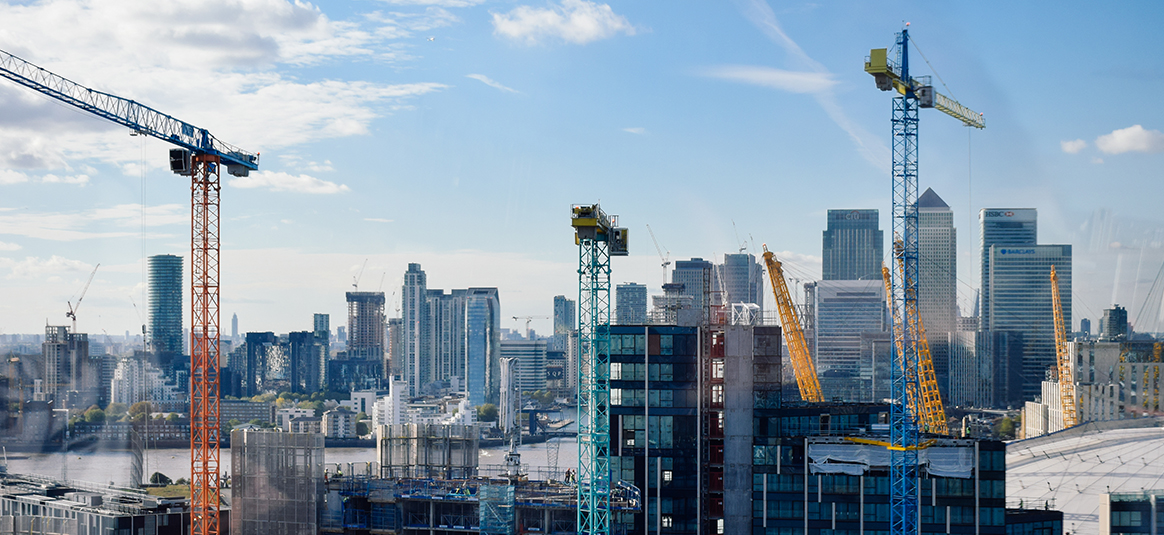“Decarbonisation is a massive opportunity that sits in front of almost everybody in industry. It needs the development of new supply chains, and new capabilities around new builds or retrofitting, plus better capability of demonstrating that the work you’ve done will reduce carbon.
“The ability to measure, for example, your embodied carbon, or trace things back in your supply chain, is going to become incredibly important. The organisations that set that up will have a very big competitive advantage.
“When it comes to infrastructure and the energy transition, for the biggest global contractors there will be offshore wind farms and transmission lines that need to be put in. For smaller businesses, there’s going to be local battery storage, installing charging points for EVs [electric vehicles] and so on.
“The great thing about infrastructure is that, in a difficult, inflationary market like this one, infrastructure is seen as an inflation hedge – it attracts investment.
“Meanwhile, we haven’t got enough housing. We know the need is 300,000, and we’re only doing around 210,000.
“Finally, we need to think about digital in everything we do. Digitising processes on-site, digitising quality control: that's going to become more and more extensive. That and demonstrating assurance that you’ve done things properly.”


